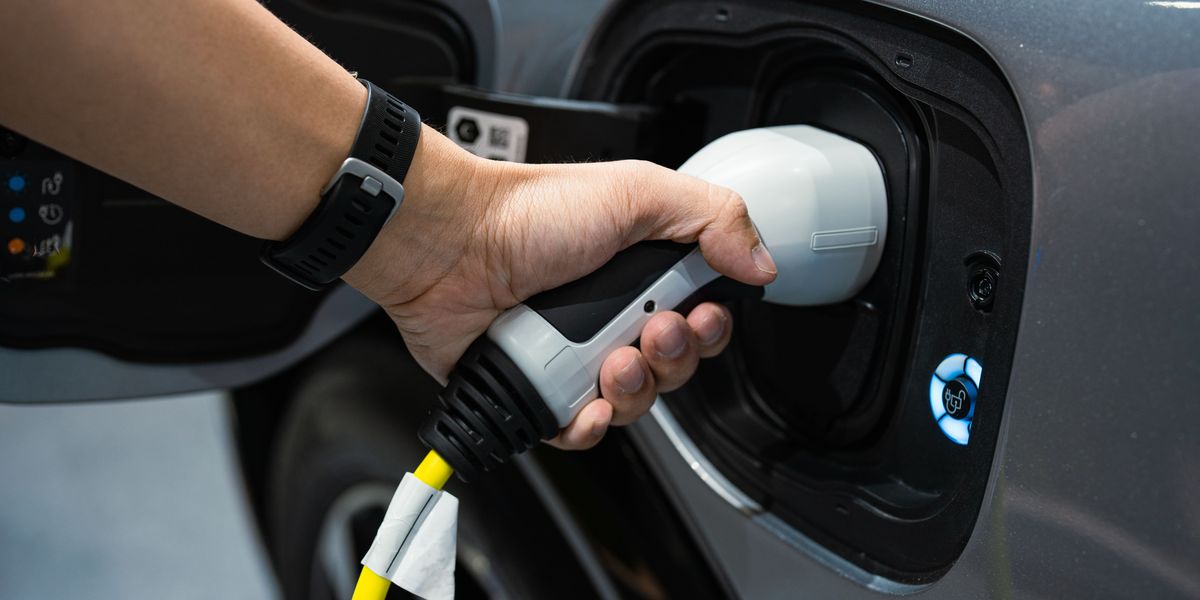Britain could become a “world leader” under new Government plans to boost the electric vehicle battery market following billions of pounds worth of investment.
The UK Battery Strategy report sets out the Government’s vision for the end of the decade, with the aim of transforming the nation into a globally competition battery supply chain.
The report promises support for the zero emission vehicle battery market and the relevant supply chains with billions of pounds worth of internal and foreign investment.
Nusrat Ghani, Minister of State for Industry and Economic Security at the Department for Business and Trade, said batteries would play an “essential role” in the future of decarbonisation.
WATCH NOW: Rishi Sunak reacts to Nissan’s £2billion UK investment
She highlighted how the Government had already committed to the future of batteries with a £2billion investment in new capital and funding for research and development.
The MP for Wealden in East Sussex added: “The Government’s 2030 vision is for the UK to have a globally competitive battery supply chain that supports economic prosperity and the net zero transition.
“The UK will be a world leader in sustainable battery design and manufacture, underpinned by a thriving battery innovation ecosystem.
“Batteries represent one of the highest growth clean energy sectors and the UK is well placed to reap the rewards thanks to its comparative advantage in research and advanced manufacturing.”
The University of Oxford published research in the 1970s found that the lithium-ion battery was possible, although the majority of batteries produced now are manufactured in East Asia.
It is hoped that the UK’s battery industry could employ 100,000 people by 2040, with the majority likely to be located outside of London and the South East of England.
The Government has confirmed the battery strategy will be based around a “design-build-sustain” approach.
This includes £38million in funding to enhance the UK Battery Industrialisation Centre development facilities, £12million for the Advanced Materials Battery Industrialisation Centre and £11million for 20 competition winners developing technologies across the battery value chain.
Mike Hawes, chief executive of the Society of Motor Manufacturers and Traders, said: “Decarbonising road transport is essential if net zero is to be achieved, and that transition must be ‘built in Britain’.
“The Government’s Advanced Manufacturing Plan sets out measures to support the UK automotive supply chain as it undergoes the most significant transition in its history.
“The plan, together with a new battery strategy to support the development and production of this critical technology, is essential if the UK is to compete in the face of fierce global competition.”
Nissan has unveiled £2billion in funding to develop the new Qashqai and Juke electric vehicle models after the major Japanese brand said the impact of Brexit was “negligible”.
Earlier this year, Tata announced that a new gigafactory would be constructed to create over 5,000 jobs and increase annual production to around 52GWh.
It has been estimated that the UK requires around 100 gigawatt hours of battery manufacturing capacity by the end of this decade.
LATEST DEVELOPMENTS:
Nissan invested £2billion into Britain’s electric car sector
PA
This would satisfy demand for the automotive industry and other sectors, with the requirement rising to 200GWh by 2040.
